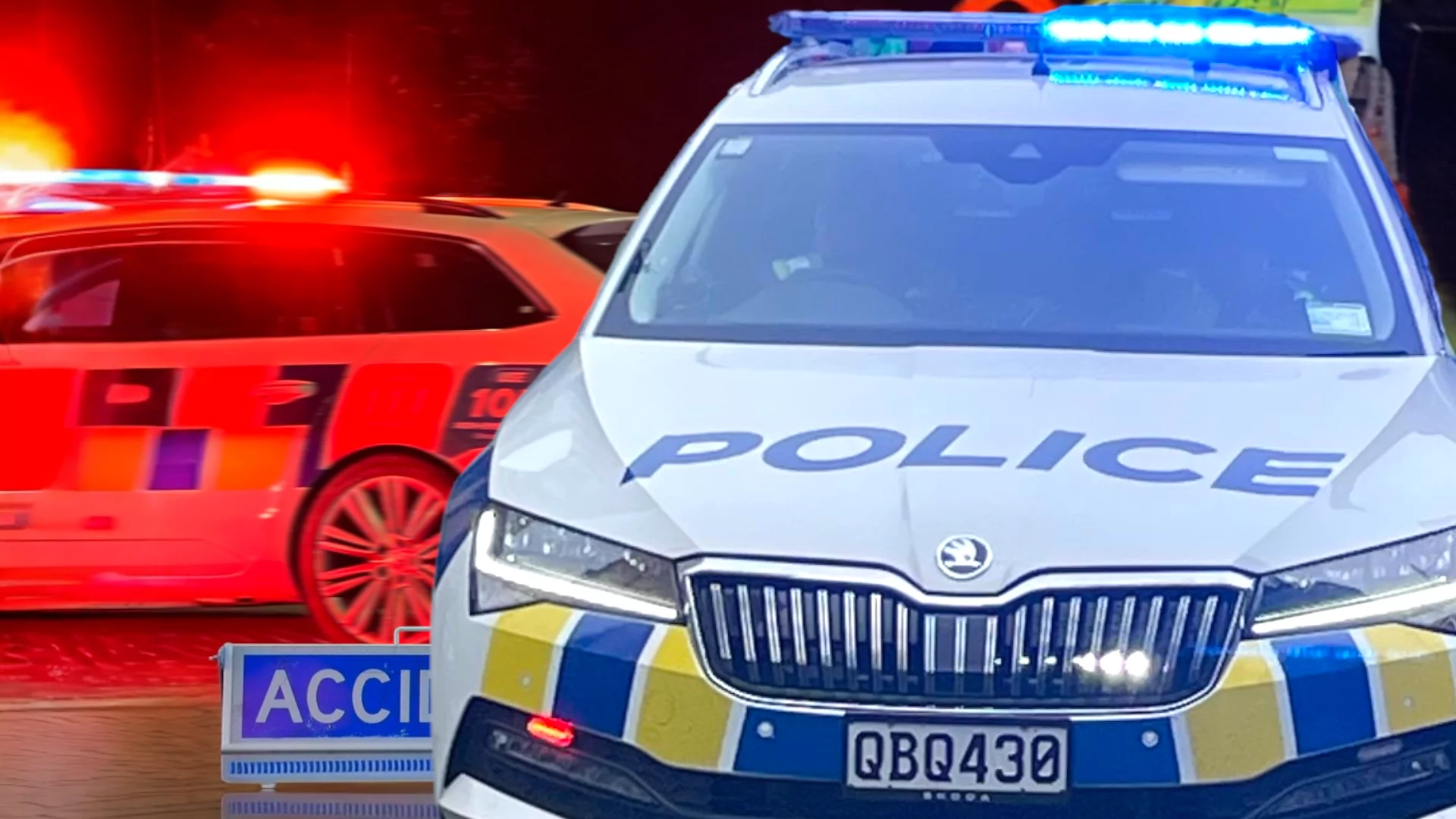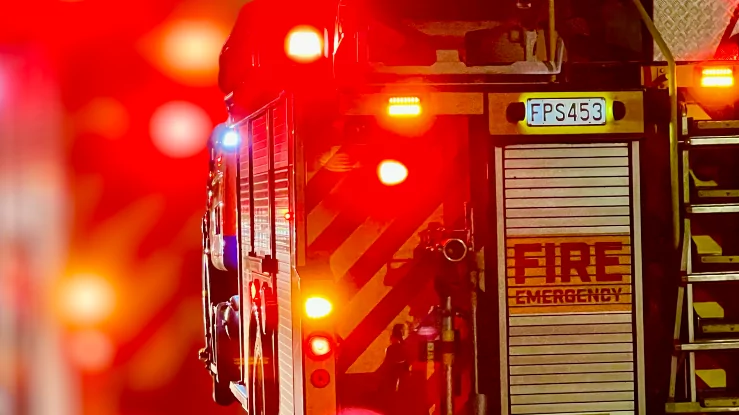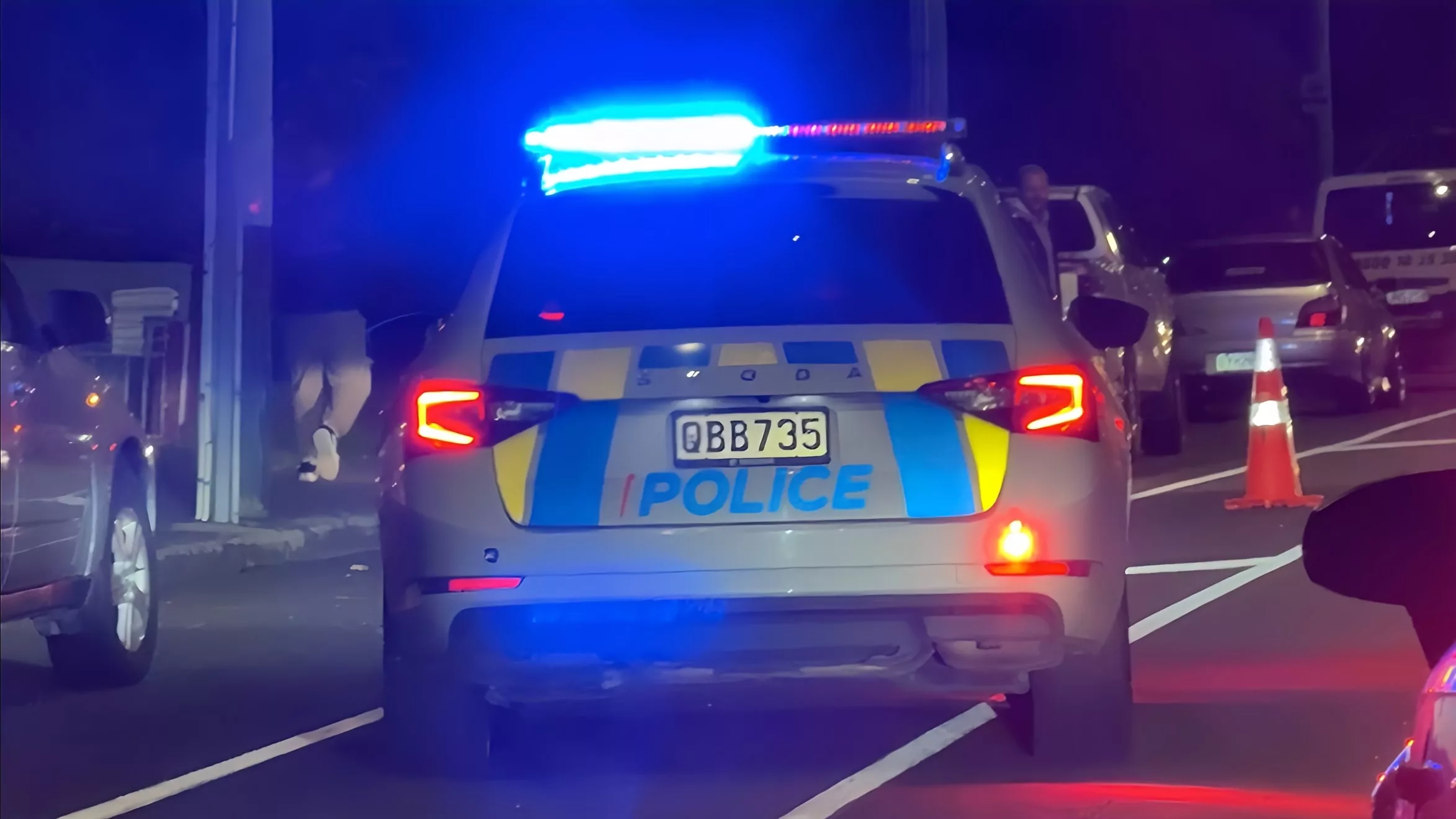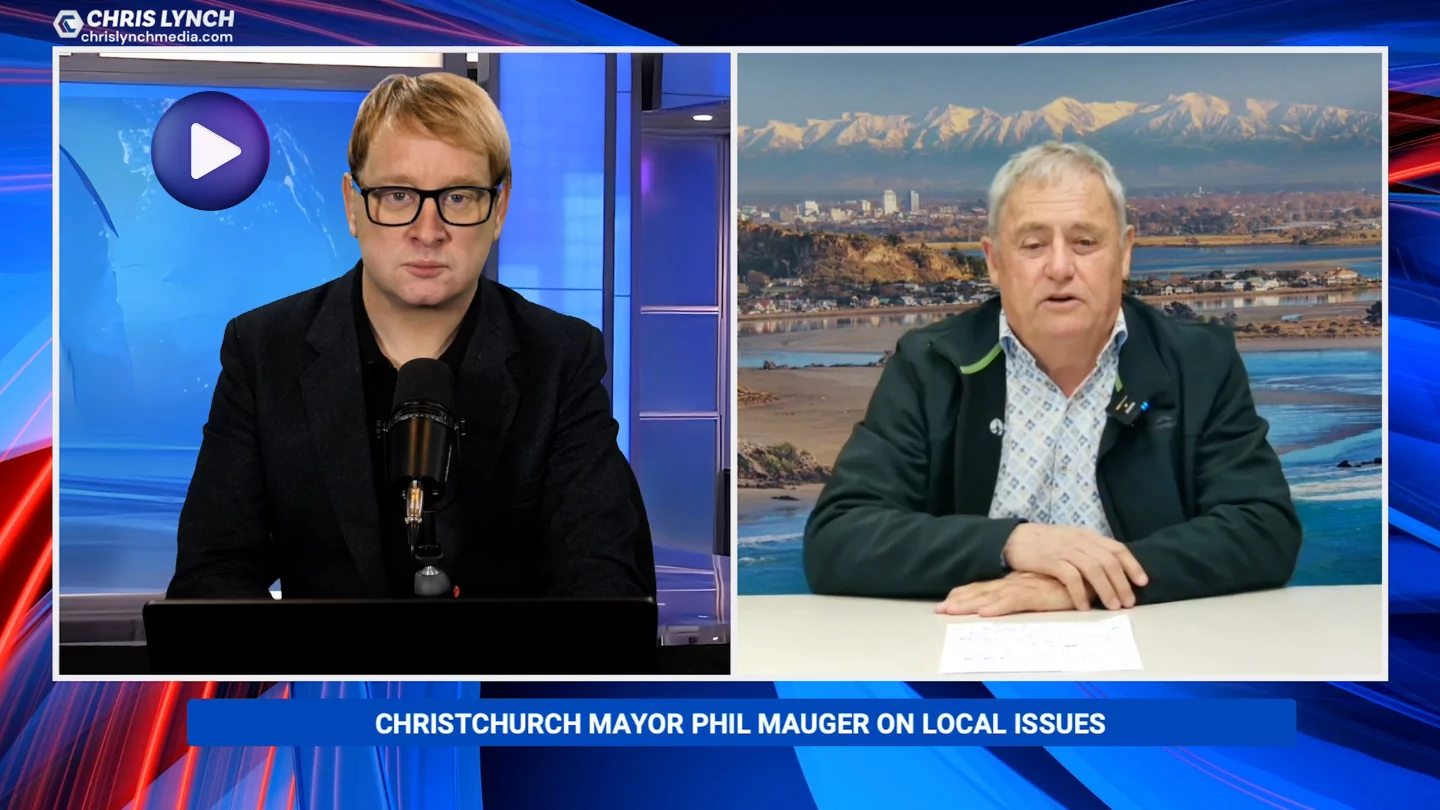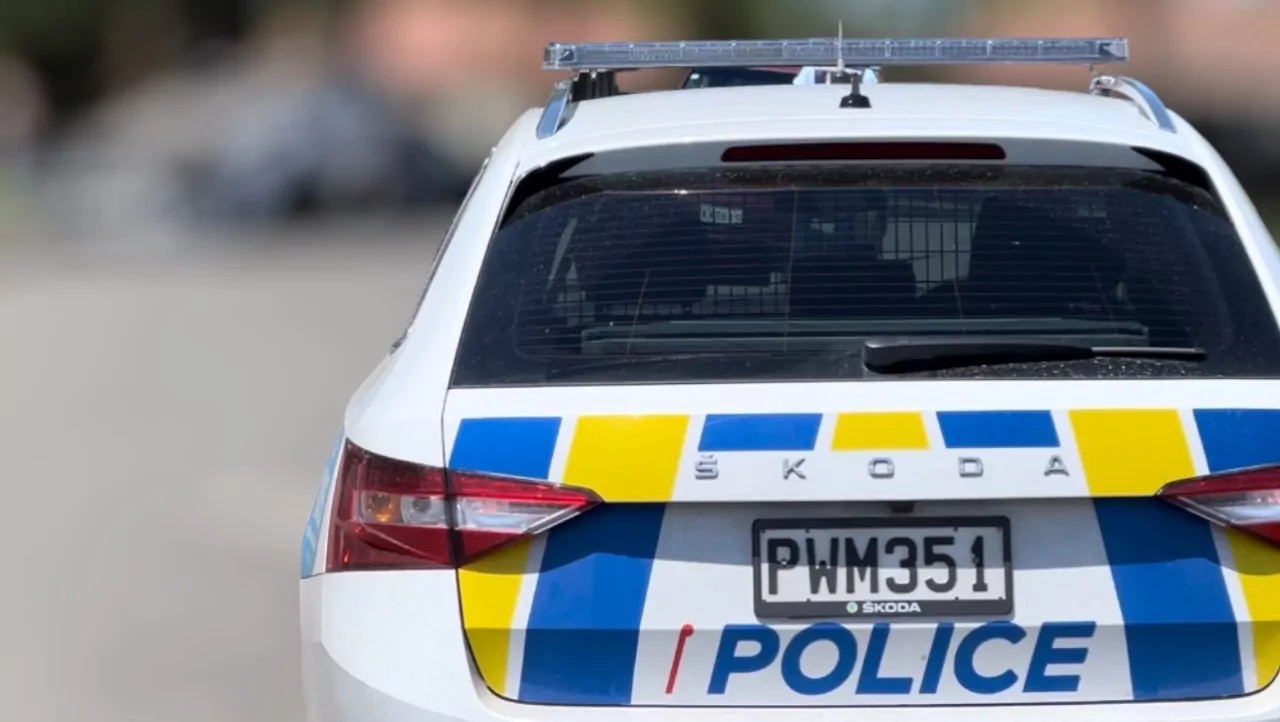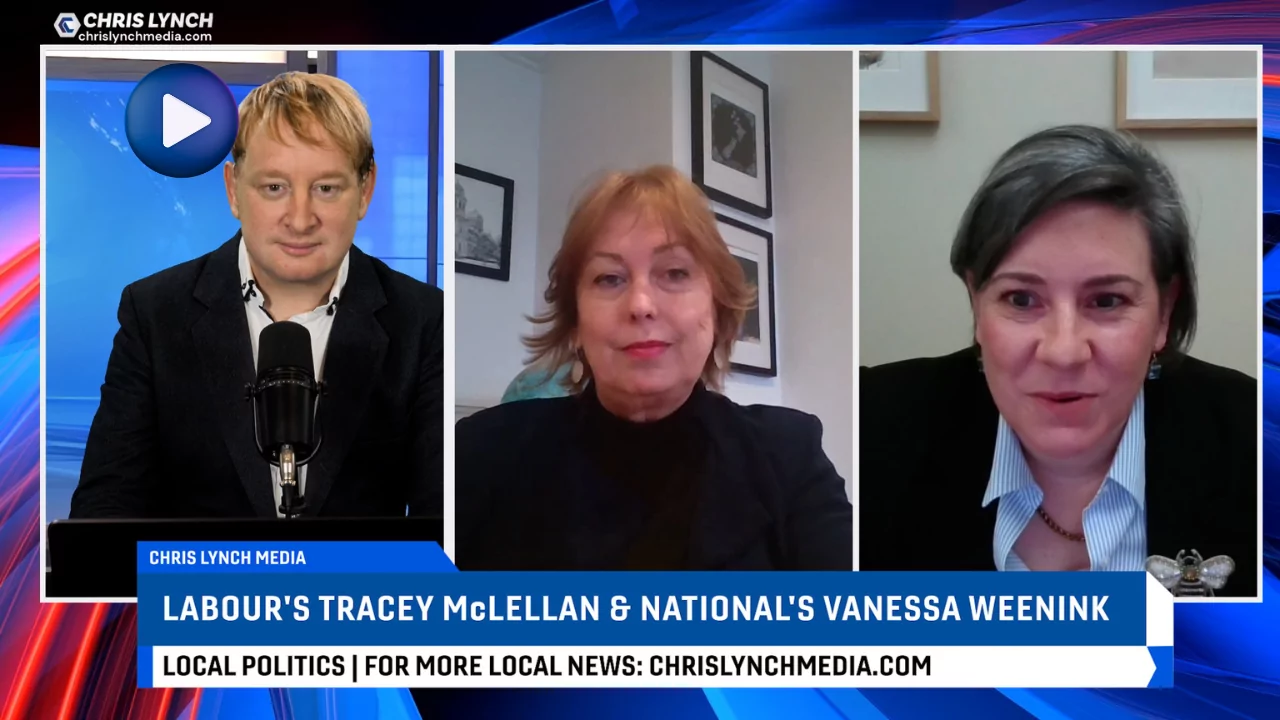The Government has updated its information on what you can and can’t do during Alert Level Four.
You can only leave home to shop for groceries, access necessary healthcare, get a COVID-19 test, exercise in your local area, or go to work if you are working in an Alert Level 4 service and cannot work from home.
-
Only make physical contact with those in your household bubble.
During this time you will be able to access all the essentials you need, including medicine and food.
Wear a face covering
At Alert Level 4, you must stay home other than for essential personal movement. We encourage you to wear a face covering and keep 2 metres distance from others when leaving your home. Especially if it is difficult to maintain physical distance from others.
You legally must wear a face covering if you are a customer or an employee involving customer contact at a business or service operating at Alert Level 4.
This means, you will need to wear a face covering:
-
on public transport and at departure points, for example train stations and bus stops
-
on flights
-
in taxi or ride-share vehicles — drivers and passengers
-
when visiting healthcare facilities
-
inside any Alert Level 4 businesses and services that are still open and involve customer contact, including supermarkets, pharmacies and petrol stations.
Guidance for wearing face coverings
Food and shopping
-
Supermarkets, dairies, pharmacies and food banks will remain open.
-
If possible, try to send 1 person per household to do the shopping.
-
Practise 2 metre physical distancing and good hygiene while shopping.
-
Dairies and food banks will operate a strict “one-in, one-out” policy. They will not be allowed to sell or provide food prepared on the premises.
-
Primary industries, including food and beverage production and processing, will still operate.
-
Freight and courier drivers will continue to transport and deliver food.
-
Grocery food deliveries — such as My Food Bag and Hello Fresh — will continue, as long as the food is not pre-cooked. All deliveries must be contactless.
-
Whole-food contactless deliveries such as butchers, bakeries and green-grocers can continue.
-
Takeaway services must close.
-
Liquor stores will close, unless within a Licensing Trust Area and will operate with a strict “one-in, one-out” policy.
-
Wine and beer will continue to be sold at supermarkets.
Shopping and services at Alert Level 4
Places where the public gather must close
All public facilities must close. This includes:
-
bars
-
restaurants
-
cafes
-
gyms
-
cinemas
-
pools
-
museums
-
libraries
-
playgrounds.
Indoor and outdoor events cannot go ahead
Events, including family and social gatherings, cannot go ahead. This includes parties, funerals and tangihanga, and weddings.
Services
-
Rubbish collection will continue. Check your local authority website for recycling.
-
NZ Post will deliver mail and courier drivers will continue to make deliveries.
-
Self-service laundries can stay open, as long as 2 metre physical distancing is enforced.
-
Service stations will remain open and will be supplied.
-
Public transport, regional air travel and ferries are mostly restricted to those involved in Alert Level 4 services, freight and those returning home in the first 48 hours.
-
Some public transport will be available for essential trips, such as to the supermarket or doctor, but options are likely to be limited.
Shopping and services at Alert Level 4
Alert Level 4 businesses and services
Exercise and recreation
-
You can go for a walk, run or bike ride in your local area. Exercise is good for your mental health.
-
If you do, it must be on your own, or with your household bubble.
-
Keep a 2 metre distance.
-
Do not do activities that may require search and rescue services. For example, do not go swimming, surfing, boating, hunting or tramping.
-
If you are unwell, do NOT go outside.
Sports and recreation at Alert Level 4
Meeting friends and whānau
-
Staying at home reduces the transmission of the virus.
-
For this to work, you are asked to only have physical contact with the people you live with.
-
If you live alone, you may arrange with another person living alone or a household to be part of your household bubble. This can include at most 2 households, and they must be in the same town or city.
-
If you want to talk to a friend, call or video chat with them.
-
Children can travel between the homes of separated parents so as long as they live in the same town/city.
-
You can drop off groceries to others, but drop the groceries at the door. Always keep a 2 metre distance.
Meeting friends and whānau at Alert Level 4
Alert Level 4 businesses and services
Only certain businesses may remain open to the public during the Alert Level 4 period. If a business is not sure if it provides Alert Level 4 services or products, it should close.
If you are a business or worker in a non-Alert-Level-4 business, you may still work — as long as this is from home. If you cannot work remotely, you must stay home.
Doing business at Alert Level 4
Pay and leave entitlements for employees during COVID-19 | employment.govt.nz(external link)
Transport and travel
At Alert Level 4, all types of transport and travel are restricted. Only travel for essential reasons, such as to get food or medicine, or to go to work if you are an Alert Level 4 worker.
If you were away from home when New Zealand moved to Alert Level 4, you have until 11:59pm on 19 August 2021 to travel home. If you need to fly from Queenstown or travel on the Cook Strait ferry to get home, you have until 11:59pm on 20 August 2021.
Transport and travel if you are unwell or at risk
You should not travel if you:
-
have been requested to self-isolate
-
have symptoms of COVID-19
-
are awaiting a COVID-19 test result.
If you are unwell or at-risk, you should not leave your home at all.
Public transport, taxis, and ride-sharing services
You can use public transport, taxis and ride-sharing services for transport for essential reasons.
Public transport at Alert Level 4
Private vehicles and active transport
You can use a private vehicle for essential reasons. You should only travel in your vehicle with people from your household.
You can use active transport like walking and biking, if you keep a 2 metre distance from anyone not in your household.
Private vehicles at Alert Level 4
International air travel
Visitors and tourists can still use international air services to travel home but commercial flights have been impacted.
Do not go to the airport unless you have a ticket. If you do not have ticket, contact a travel agent or airline directly. If you can’t get a ticket, please contact your country’s embassy.
Domestic air travel
Air travel will be used only to transport:
-
people travelling home in the first 48 hours after the move to Alert Level 4
-
people undertaking Alert Level 4 services
-
freight, or
-
for other permitted reasons.
Other permitted reasons include:
-
to do necessary work as defined in the Public Health Response Order
COVID-19 Public Health Response (Alert Level Requirements) Order (No 9) 2021(external link)(external link) -
to pick someone up from an airport
-
to pick someone up from managed isolation or quarantine (MIQ) — to pick someone up, you must have a formal letter from MIQ
-
to leave New Zealand
-
to provide urgent care for a child or a person in a critical or terminally ill condition
-
to attend a Court, tribunal, New Zealand Parole Board hearing or another judicial institution.
Full list of permitted reasons to travel at Alert Level 4 | transport.govt.nz(external link)
Funerals and tangihanga
Funeral directors can continue working at Alert Level 4. However, gathering together for funerals and tangihanga is not permitted at Alert Level 4. This may be a challenging time for you and your family. If you ever feel you are not coping, it is important to talk with a health professional. For support if you need to talk, you can call or text 1737. It is free, anytime, 24 hours a day, 7 days a week, to talk with a trained counsellor.
Funerals and tangihanga at Alert Level 4
Education
All schools and early childhood education centres are closed.
Schools will be providing information directly to all parents about what this means for them.
Schools are establishing ways to teach online and remotely.
Where possible, Alert Level 4 workers with children aged 0 to 14 need to make their own arrangements for childcare.
We know this will not be possible for everyone.
How to access healthcare
Health and medical facilities will remain open while we are at Alert Level 4.
You can still get medical help if you need it. This includes healthcare services, such as Healthline, GPs, cancer services, disability and aged support services.
However, if you need to see a doctor or other medical professional you MUST phone first.
Most consultations will happen over the phone or by videoconference to stop any risk of COVID-19 spreading by person-to-person contact.
If a face-to-face meeting is required, your doctor or other medical professional will organise this with you.
Please only call Healthline if you or someone you know feels unwell or you need medical advice, rather than general questions about COVID-19. It’s important Healthline is able to answer calls from those who need medical advice. The more people who call asking for general information, the fewer people who need medical advice can get through.
If you cannot get through and are severely unwell, for example having trouble breathing, contact emergency services (call 111).
COVID-19 vaccinations
The COVID-19 vaccination programme has resumed, with vaccination sites operating under Alert Level 4 conditions. Some vaccination sites may still be closed.
Physical distancing requirements at the sites means there might be fewer people vaccinated.
The reduced capacity means we may need to postpone some appointments. If we need to postpone your appointment you will be contacted by the Ministry of Health, your DHB, or healthcare provider.
If you do not hear anything, please come to your appointment as scheduled.
At-risk people
People at higher risk in particular should stay at home and ask others to pick up supplies for them. You just need to ask them to leave supplies at the door, rather than come in.
You are at high risk if you are over 70, have a compromised immune system or have underlying health conditions.
People with underlying medical conditions include a compromised immune system, liver disease, cancer, kidney disease, heart disease and diabetes mellitus, pregnant people or those on immunosuppressant medications.
You need to take more precautions to protect yourself against all infections, including COVID-19.
Alert Level 4 advice for at-risk people
In an emergency
If there is another emergency while we are at Alert Level 4, you should do what you would normally do.
If you feel an earthquake: drop, cover and hold during the shaking. If you’re near the coast, remember long or strong: get gone.
If you are advised to evacuate by authorities because of a tsunami, flood, fire or other emergency, follow the evacuation advice.
Emergency evacuation orders will override the COVID-19 Alert Level 4 requirement to stay at home. If you have to evacuate and leave your house, take your grab bag with you and try to avoid contact with people who aren’t in your bubble. Stay 2 metres away from others.
If life or property is threatened always dial 111 for police, fire or ambulance.
